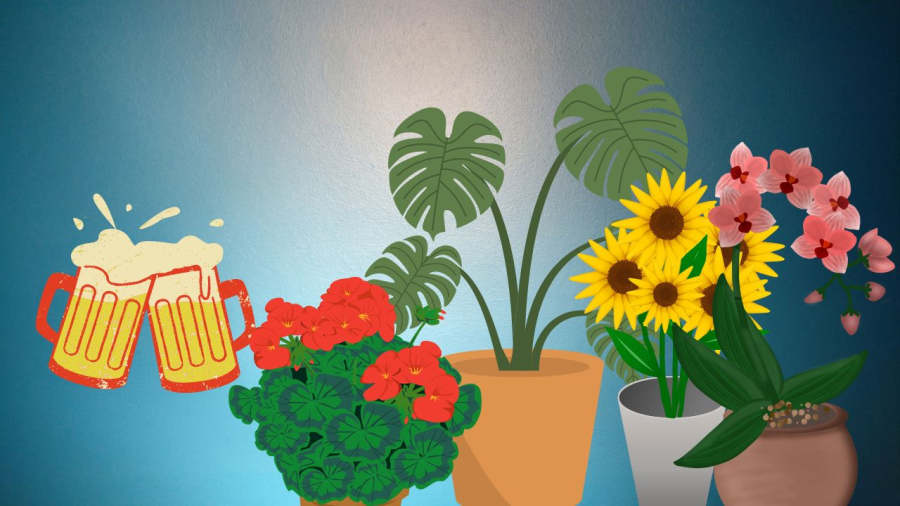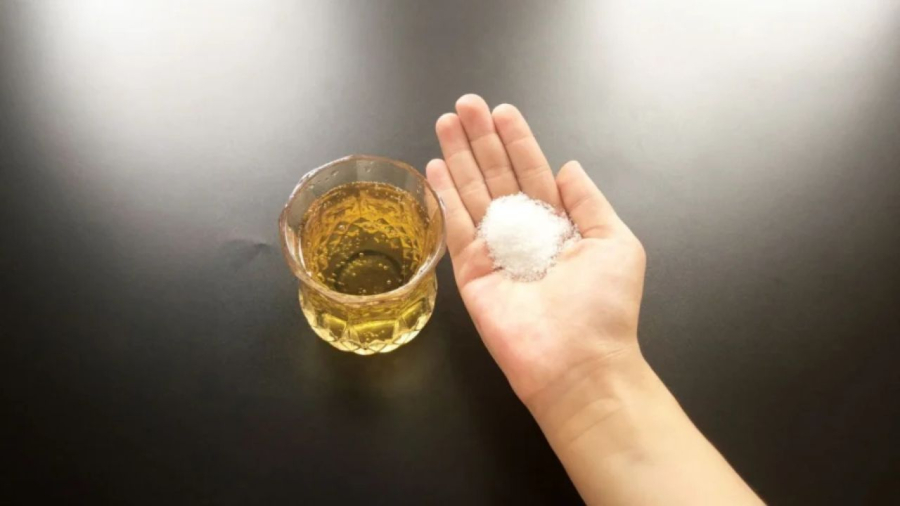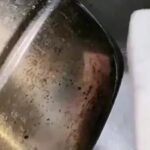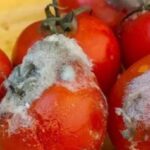Beer, when consumed in excess, is often used as a fertilizer for plants. This is because beer is surprisingly nutritious, containing vitamins and minerals that are beneficial to plant growth. The typical beer composition includes water, malted barley, hops, and yeast. As a result, beer provides plants with a good amount of sugar, starch, and vitamins, contributing to their lush growth.
Using beer for watering potted plants is similar to utilizing rice water, egg boiling water, or aquarium water. It’s a smart way to recycle and provide extra nutrition to your greenery. However, there’s a catch to this method:
– When using beer as a fertilizer, avoid pouring it directly from the bottle or can onto your plants. Allow the beer to sit and go flat first, as the high alcohol content can scorch and curl the leaves, potentially killing them.
– Always dilute beer before using it on your plants. Pure beer can shock the plants due to its high acidity and alcohol content. Dilute it with water at a ratio of 1:5 before applying it to your greenery.

Beer is beneficial for plants
What are the effects of watering plants with beer?
Beer helps plants thrive: The sugar and vitamins in beer provide a nutritional boost to plants. Watering with beer enhances their growth, but be careful not to overdo it by pouring beer every day.
Beer promotes root development: The sugar in beer stimulates root growth, and the yeast, when added to the soil, creates an environment conducive to the growth of beneficial bacteria. This results in healthier, more aerated soil, which is excellent for plant growth.
Beer repels insects: The alcoholic scent of beer can drive away pests such as snails, wasps, fruit flies, and cockroaches. These insects detest the smell of beer, so don’t discard your leftover beer—use it to keep your vegetable patches green and pest-free, ensuring the safety of your produce.

Precautions when using beer for plants
How to safely use beer for plant care
When you have leftover beer, store it in an open container to let the alcohol evaporate, or leave it open for a few hours before using it to water your plants.
Before applying, dilute the beer with water at a ratio of 3–4 teaspoons of beer to 2 liters of water. Mix well and pour the diluted beer around the base of the plant.
Avoid watering plants with beer during intense sunlight, as it may scorch the leaves and cause them to wither and die. The best time to water plants with beer is in the morning or late afternoon when the sun is milder. Do not water plants with beer in the evening, as it may attract insects. Avoid pouring beer directly onto the leaves.
If your plant’s leaves are dusty, you can use a soft cloth dampened with the diluted beer mixture to gently wipe away the dust. However, avoid pouring or spraying beer directly onto the leaves, as this can cause water stains.
The Leftover Incense Sticks: Unveiling the Surprising Uses of Mosquito Coil Ashes
The mosquito coil is often an overlooked household item with hidden benefits. Unravel its potential and discover a wealth of handy applications for your home.




































